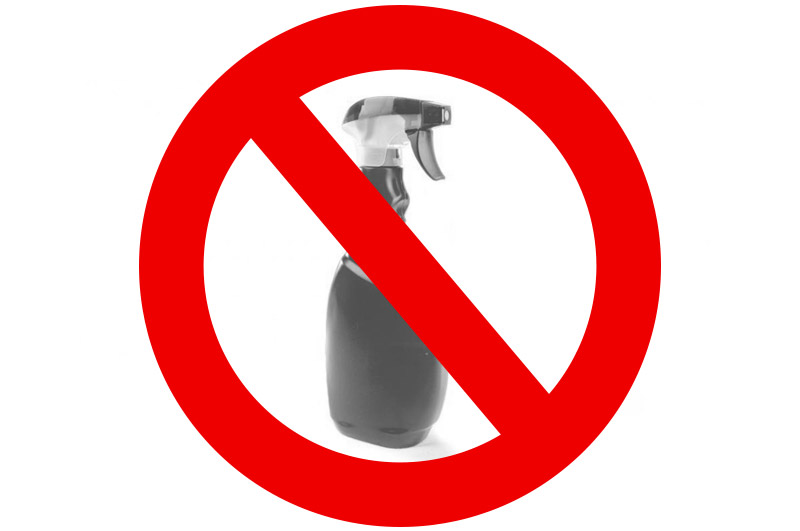There are so many chemicals that you could use in your garden to keep weeds down, plants healthy, and pests at bay. But, you don’t need to. If you want to keep your garden chemical-free, there are plenty of other options you have to avoid that. Usually, people reach for garden chemicals when they develop a huge problem in their garden and need a quick fix. However, by carefully planning your garden and trying to assess plant needs ahead of time, you can avoid this pitfall and have a garden that doesn’t need chemicals to thrive.
1. Investigate Unusual Claims
While well-meaning, many of the chemical alternatives guides online don’t work. Usually, the person writing them up just doesn’t understand the solution they are suggesting. The problem for you is that if you trust that peas will fix your soil’s nitrogen problem or that marigolds will keep pests away, by the time you realize they don’t, your only real solution left is chemicals.
Investigate claims if they seem too good to be true. Marigolds may dissuade some pests, but mostly only from their own blooms. The bacteria that grow on pea roots do make nitrogen more available for the pea plant. But the plants needs to be cut up and integrated into the soil before the nitrogen will be available for other plants.
2. Invest in Soil Quality
Many of the problems that will have you considering chemical fertilizer or pest repellant can be avoided with better soil and, therefore, plants that are healthier and more resistant to pests in the first place. You can improve poor soil without chemicals by adding in organic matter. There are many natural forms of organic matter or fertilizer available on the market. You may need to add a great deal of organic matter to the garden at first, but this investment will pay off in the long term.
3. Try Non-Chemical Weed Control
Weeds are the bane of every gardener’s existence and probably the most common frustration that causes them to reach for chemicals. Other than chemicals, and the sheer willpower to pluck out every weed by hand, there are things you can do to control weeds, including:
- Gardening fabric
- Mulch
- Boiling water
- Vinegar
You can also choose plants that are better positioned to out-compete your weeds or plant them closer together to help them drown the weeds out.
4. Proper Watering
Fungal growth is another problem that usually leads to chemical use. Once the fungus is growing on your prized rose or squash, chemicals might be the best solution. But a careful watering schedule can prevent fungal growth, so you never have to do it. Ensure you understand the different water needs of each plant, and have the professionals help you program your sprinkler system to deliver that water properly. Having a smart sprinkler system that knows not to run when it is going to rain can also really help reduce the odds of fungal growth in your garden.


